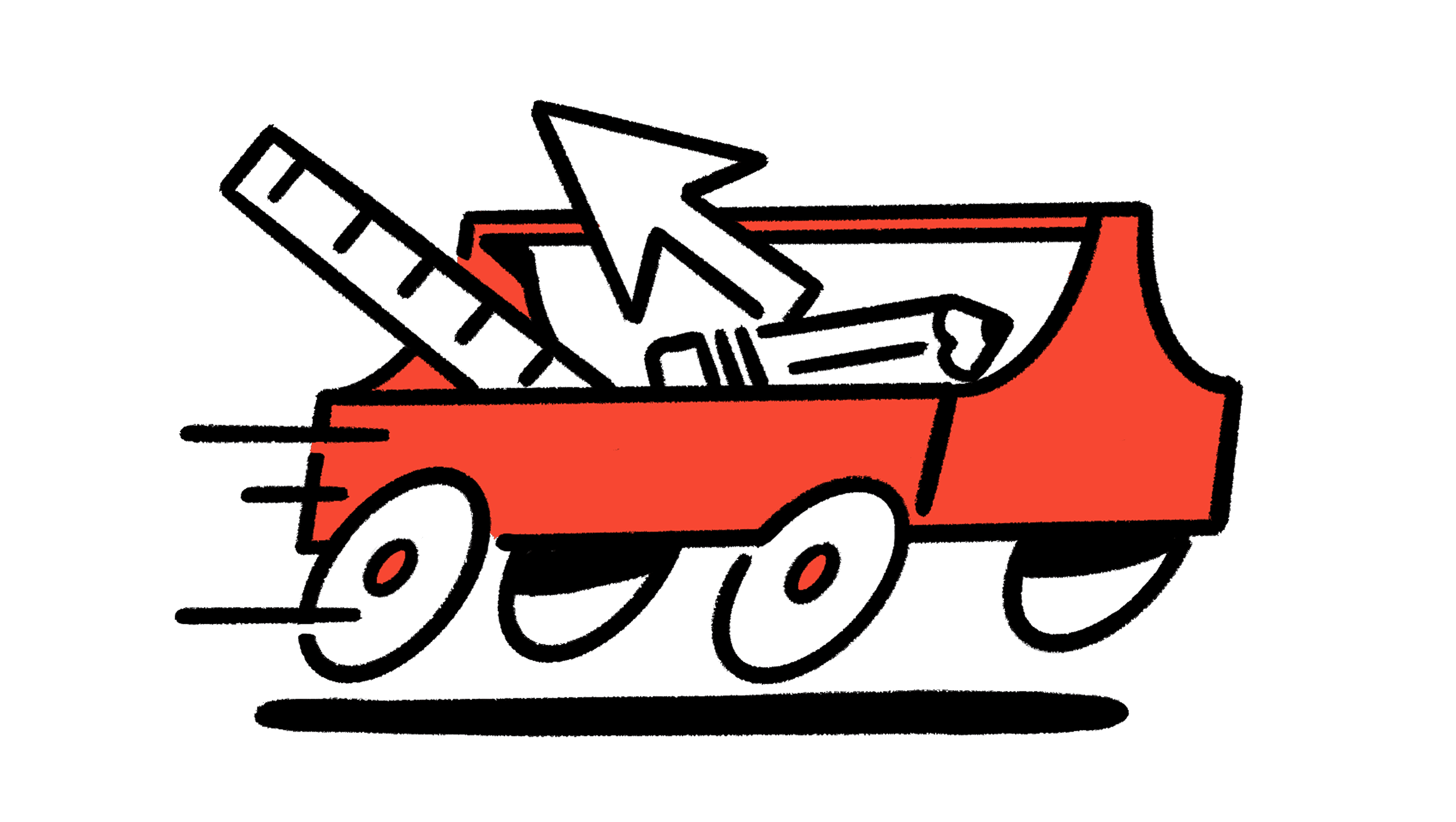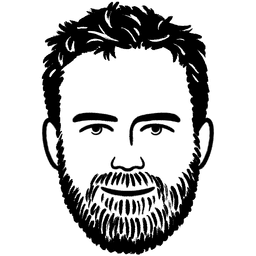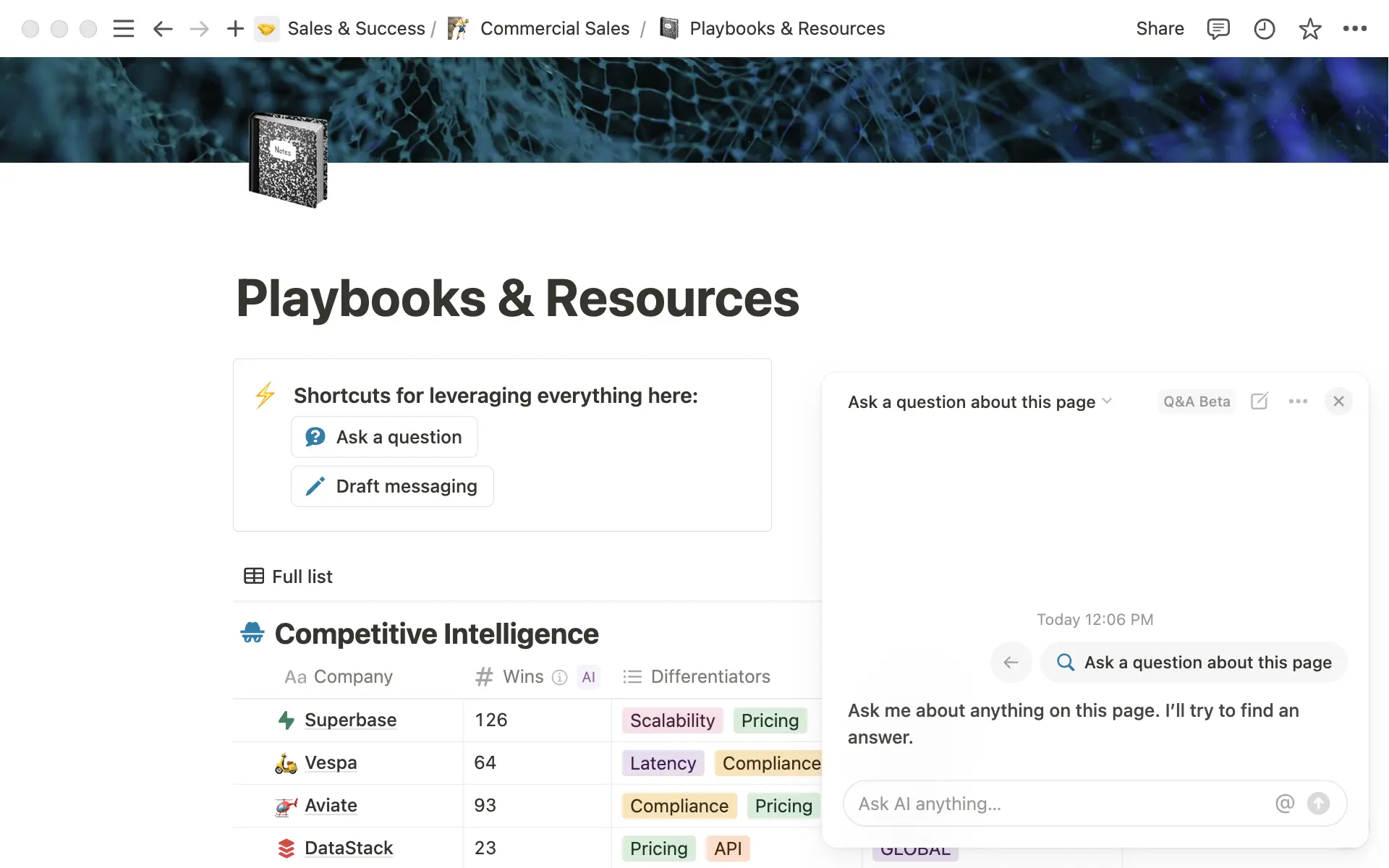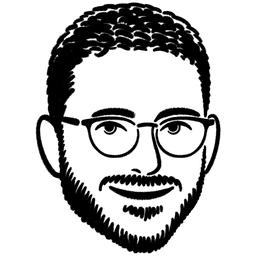
How Descript turns company culture into code
Descript, the company that made video editing as intuitive as editing a Notion doc, has cracked a different kind of code: turning company culture into something you can build, measure, and scale. With a headcount growing rapidly into the hundreds and a mission to democratize creative tools, Descript runs on Notion; it’s the operating system for how they think, work, and grow together.
The CEO who architects culture like code
Andrew Mason doesn’t just run Descript; he engineers it. As both CEO and resident Notion power user, Mason approaches company building with the methodical precision he’d apply to product architecture. “Culture is like another product we want to build at the company,” he explains. “That’s why I care so much about it.”
This isn’t corporate philosophy, it’s systematic design. Every workflow becomes infrastructure, every ritual creates predictable outcomes, and every database feeds into this way of working.
Uh-oh! It looks like your ad blocker is preventing the video from playing.
Please watch it on YouTube
Personal pages that scale belonging
Dive into Descript’s Notion workspace and you’ll discover something that reveals this approach to culture at scale: every employee has their own dedicated page. These aren’t static HR profiles but living documents that capture each person’s story, values, onboarding journey, and ongoing one-on-ones.
It’s belonging made systematic. New hires don’t just get a desk and laptop; they get a place in the company’s institutional memory that grows with them. Veterans never lose track of their development—it’s all there, threading through their personal page like a real-time professional autobiography.
This approach to making individual growth visible has inspired Notion to build new ways to surface people’s most common collaborators and active projects, such as the forthcoming People Profiles feature.
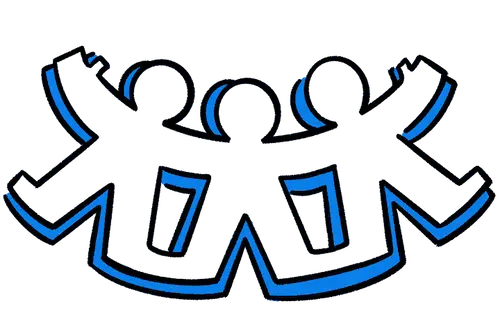
Async feedback loops that preserve thinking
One of Descript’s most powerful Notion workflows involves their one-on-ones. Rather than having important conversations disappear into memory or buried in notes, they’ve built async feedback columns directly into their meeting templates. This means insights, concerns, and ideas get captured systematically—not only during conversations, but also in the days and weeks that follow.
The impact extends far beyond individual development. What might have been lost in traditional verbal check-ins becomes searchable organizational knowledge that Notion AI can surface instantly. Managers spot patterns across their teams, while employees track their growth trajectory with precision. Notion AI connects insights from one-on-ones to related Slack discussions and relevant project updates, creating a web of institutional wisdom.
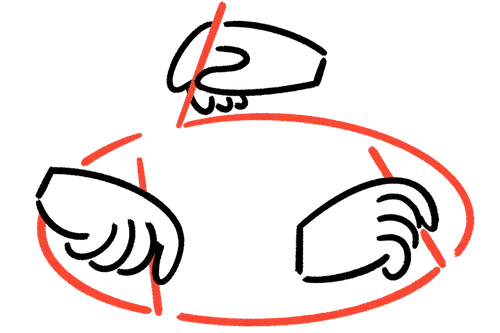
The discipline of minimalism
Mason’s approach to information architecture reveals a deeper principle about organizational design. He’s famously “super stingy about adding new fields” to databases; not from inflexibility, but from understanding that, across hundreds of users, every additional property creates a mental tax.
This restraint forces clarity. Instead of building databases that try to capture everything, Descript builds databases that capture what matters. When systems stay simple, something interesting happens:
Cognitive overhead disappears for employees navigating day-to-day work
Decision-making accelerates without information paralysis
Adoption becomes natural because tools actually feel useful
Teams spend less time navigating complexity and more time creating value. Unlike traditional project-management tools that layer on metadata and process burdens, Descript’s minimalist Notion approach eliminates friction between tracking work and actually doing it.
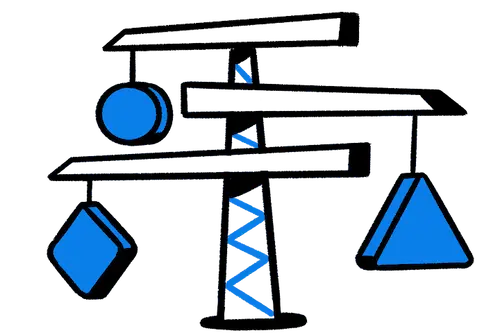
When everything becomes data
What began as a practical way to organize work at Descript has evolved into something more profound. Mason’s systematic approach to knowledge management reflects a fundamental shift in how modern companies operate. His belief that “everything should be in a structured Notion database” isn’t about databases for their own sake; it’s about approaching challenges with a builder’s mindset and seeing problems as opportunities to create better systems.
The goal is creating systems where organizational learning compounds rather than disappears, where insights from one project accelerate the next, and where collective intelligence grows stronger with every iteration. When someone asks, “How did we handle this challenge before?” Notion AI instantly surfaces the answer, pulling from project notes, Slack discussions, and past decisions to deliver context that would otherwise take hours to reconstruct.
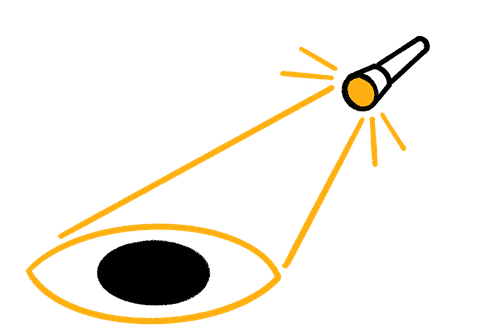
The living laboratory
Descript treats their Notion workspace like a continuous experiment in organizational design. From product roadmaps that connect directly to customer-feedback databases to meeting notes that automatically surface relevant context from previous discussions, they’re constantly testing new ways to reduce friction between thinking and doing.
This experimental mindset means their workspace evolves with their needs. What works gets refined and replicated. What doesn’t gets archived and learned from. The result is an organizational operating system that improves itself—a meta-system that gets better at getting better.
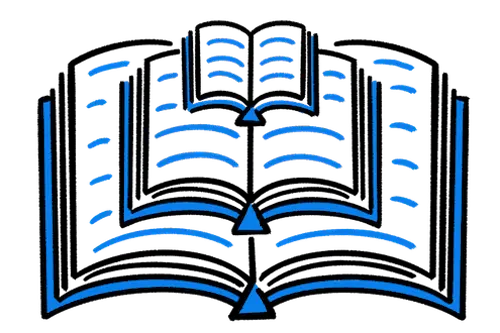
Beyond productivity tools
Mason’s philosophy extends far beyond databases and workflows. At Descript, Notion became more than productivity software. It became the medium through which they express their values: systematic thinking, continuous improvement, and the belief that with the right tools and enough creativity, almost any challenge can be solved.
The evidence lies in the unique aspects of their growth: a company that scales from startup to hundreds of employees without losing the culture that made it special. Where most organizations see growing pains, Descript sees—and takes advantage of—design opportunities.
